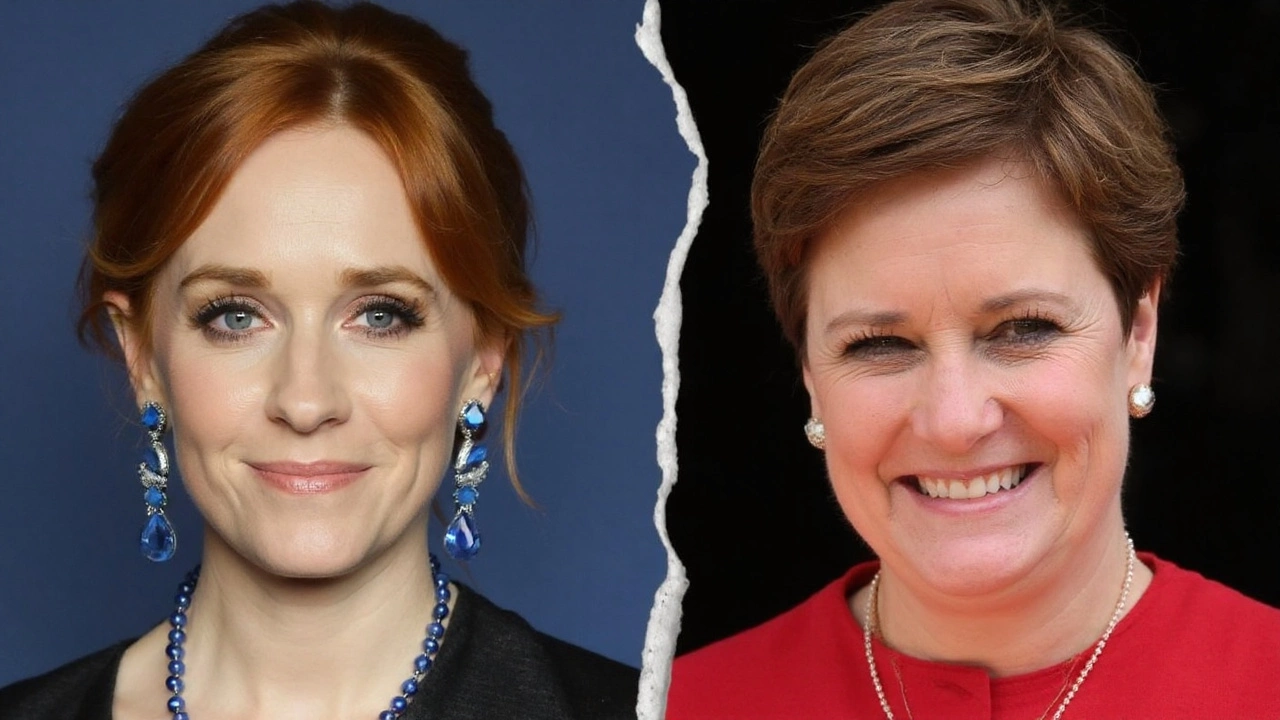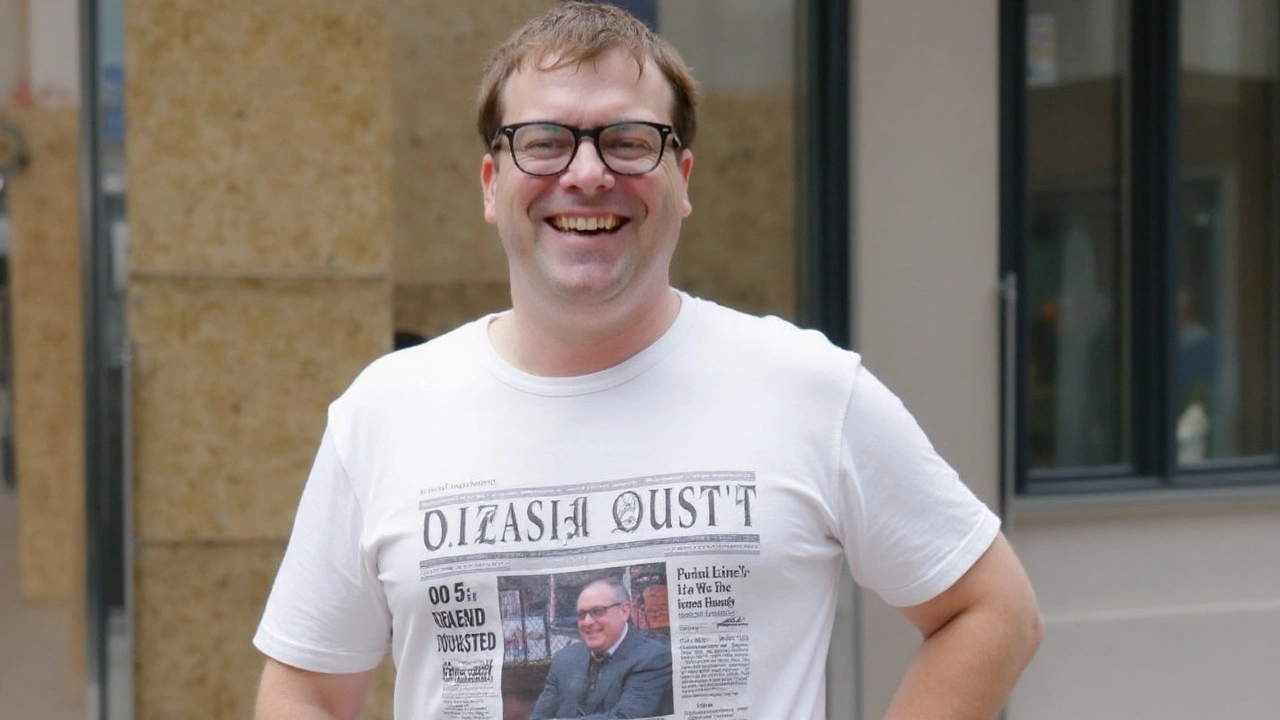A family event meets a culture fight
A glow-in-the-dark fantasy walk planned for Stanley Park has turned into a political flashpoint. The Harry Potter attraction booked for this winter — Harry Potter: A Forbidden Forest Experience — is now under review after a Vancouver Park Board commissioner said he may try to cancel the contract due to backlash over J.K. Rowling’s views on transgender rights.
Commissioner Tom Digby, one of seven elected park board members, told Global News he approved the contract in camera — a closed-door meeting — and only later realized the reputational risk. “I have learned a great deal in the last five days about the linkage of the Harry Potter franchise with J.K. Rowling,” he said, adding that he hadn’t understood the scale of concern when he voted. He stressed he was speaking for himself, not for the entire board.
The planned attraction is a ticketed outdoor night trail featuring lights, set pieces, and themed food and merchandise under a license tied to the Wizarding World brand. It has toured in multiple cities and typically runs for several weeks during colder months. In Vancouver, the show is slated for winter in Stanley Park — prime time for a family-friendly draw when many local venues rely on seasonal traffic.
The controversy isn’t about the logistics of a light trail. It’s about the creator behind the franchise. Rowling has argued publicly against gender self-identification policies and has criticized aspects of transgender healthcare, including describing hormone therapy in 2020 as “a new kind of conversion therapy for young gay people.” In April, she celebrated a U.K. Supreme Court ruling that, she said, upheld defining “woman” by biological sex under equalities law. Supporters view her position as defending women’s rights; many in the LGBTQ2S+ community call her statements harmful and exclusionary.
Digby said the event announcement triggered a “massive wave” of messages from residents and community groups, including from gender-diverse and trans people who see the franchise as closely linked with Rowling’s rhetoric. For them, bringing a Potter-branded spectacle into the city’s signature park isn’t neutral entertainment. It feels like the city is endorsing a figure whose views they say undermine their dignity and safety.
Others argue the art can be separated from the artist. They point out that the production is run by licensed event operators, not by Rowling personally, and that many families have deep, positive ties to the books and films. They worry about setting a precedent where public venues assess touring shows by the political views of creators rather than the content of the event itself.

What the Park Board can actually do next
The practical question is whether the Park Board can unwind a signed agreement — and at what cost. Most city venue contracts include cancellation clauses, timelines, and penalties. If commissioners seek to nix the event, staff would likely bring back a report outlining legal exposure, sunk costs, and alternatives such as postponement or rebranding.
Any move to cancel would probably require a public vote. That process usually involves a staff review, a public agenda, and a meeting where commissioners can hear delegations. There’s also a planning clock: winter shows require permitting, site builds, lighting tests, traffic management, accessibility planning, and security hiring. The longer the uncertainty, the harder it is for both the operator and the city to adjust.
There are also policy issues at play. The B.C. Human Rights Code protects people from discrimination based on gender identity and expression. That does not mean the city must ban content tied to controversial figures, but it does mean public institutions often take extra care to ensure programs don’t create a hostile environment for protected groups. That can lead to mitigation steps short of cancellation, like adding community programming, providing clear disclaimers that the city does not endorse a creator’s views, or directing a portion of proceeds to local organizations that support trans and gender-diverse residents.
For a family-focused event in Stanley Park, the board will weigh social impact alongside dollars and logistics. Winter attractions can boost nearby businesses and bring visitors to the park at a quiet time of year. On the other hand, a prolonged fight could overshadow any economic benefit and draw security concerns that further strain staff and budgets.
What are the realistic options?
- Proceed as planned, with added engagement: Keep the show but pair it with public statements, educational programming, or partnerships with local LGBTQ2S+ groups.
- Proceed with conditions: Require stronger community consultation, enhanced safety plans, or visible disclaimers separating the City and Park Board from the creator’s views.
- Postpone or rebrand: Delay to a future season or pivot to a non-franchise winter lights event to avoid the linkage to Rowling.
- Cancel with compensation: Terminate the contract and pay negotiated penalties, if any, to limit legal exposure.
Each path carries trade-offs. Proceeding likely brings criticism from those who feel harmed by Rowling’s statements. Cancelling could spark backlash over free expression, prompt claims of politicizing parks, and potentially cost the city money. Postponing or rebranding might dull the tensions but still risks disappointing families who already planned to go.
The show’s tour history adds another layer. The Forbidden Forest Experience has run in North America and Europe without widespread operational issues. But Vancouver’s debate is less about operations and more about values and who gets visibility in public spaces. That’s why the Park Board — unlike a private venue — is in the hot seat: it must balance inclusive access with community standards in a public park that belongs to everyone.
Digby’s remarks make clear that he’s responding to a surge of local concern. He also underlined that he doesn’t speak for the board. That suggests staff are now gathering facts — contract terms, risk assessments, and feedback — before commissioners decide whether to table a motion. No date for a vote has been announced, but with a winter opening on the calendar, the window for a decision is tight.
For Vancouverites watching this unfold, the debate will feel familiar. It mirrors fights around libraries hosting speakers, festivals weighing sponsors, and sports bodies deciding which partners fit their values. The same questions keep coming back: Where do we draw the line, who gets to draw it, and what happens to community trust when a beloved story is caught in the middle?
For now, the Stanley Park production remains on the schedule. Whether it opens under lights, with conditions, or not at all will depend on how the Park Board balances contracts, community harm, and the practical realities of running one of the city’s biggest public spaces.
